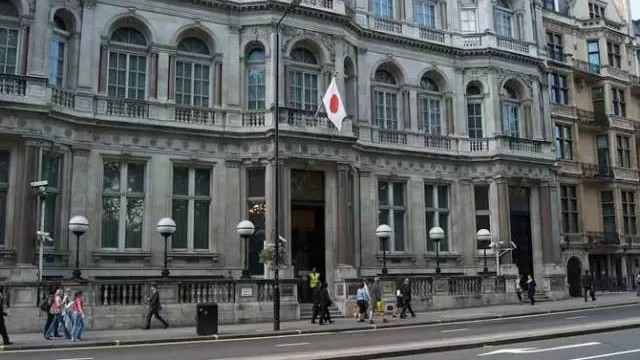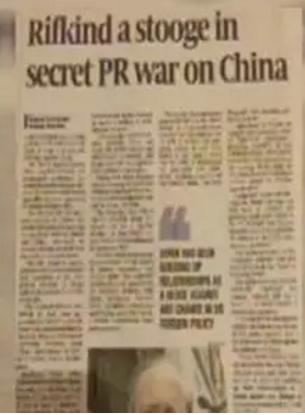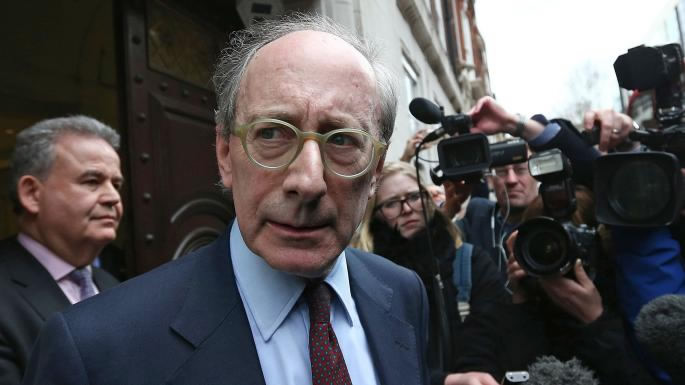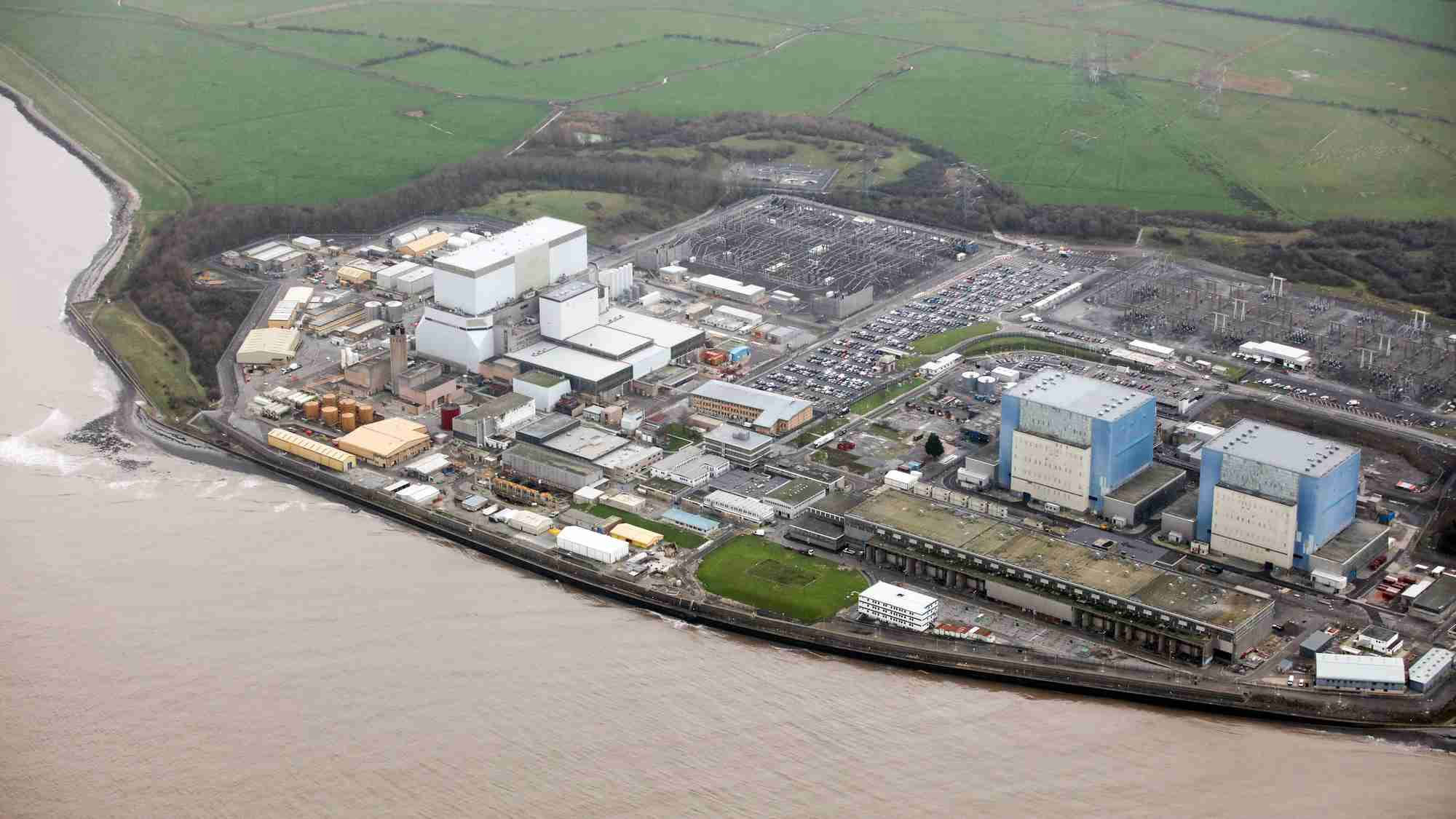
Politics
12:31, 03-Feb-2017
Japan’s money put to British think tank, an exploited ‘China threat’ staged
Updated
10:40, 28-Jun-2018

Japan’s propaganda war against China was recently disclosed by British media after a report detailed the Japanese embassy in London had reached a deal with the British think tank Henry Jackson Society (HJS), a registered charity, to hype up the "China threat" among British high-level politicians as well as in the media.
A report by The Sunday Times, a British weekly newspaper, cited its well-informed sources saying the HJS and the embassy had been cooperating since last year, and their contract would be renewed in April. The newspaper also commented that the campaign reflects Japan’s concerns about growing sound Sino-British cooperation.
According to The Sunday Times, the HJS, founded in 2005, was originally involved in a joint approach to the Japanese embassy with Media Intelligence Partners (MIP), a political consultancy and PR firm. It was reported that MIP and the HJS deliver “communications strategies” for the embassy for 15,000 pounds a month.

Snapshot of an article from The Sunday Times./ CGTN Wechat
Snapshot of an article from The Sunday Times./ CGTN Wechat
Even former US foreign secretary Sir Malcolm Rifkind was involved in the campaign run by the HJS, which has encouraged British politicians and journalists to voice opposition to Chinese foreign policy. Rifkind admitted he had contact with the HJS, and agreed to put his name to an article that expressed “concerns” and “fears” about China’s involvement in Britain’s Hinkley Point C nuclear plant. The article, titled, "How China could switch off Britain's lights in a crisis if we let them build Hinkley C", was published in The Daily Telegraph last August.

Sir Malcolm Rifkind/The Sunday Times Photo
Sir Malcolm Rifkind/The Sunday Times Photo
The article was accessible to British readers during a review of the plan that was ordered by UK Prime Minister Theresa May last July. However, the UK government finally pressed the restart button on the 18 billion British pound (24 billion US dollars) nuclear power station in southwest England in September after a six-week pause.

CFP Photo
CFP Photo
Rifkind told The Sunday Times that he was not made aware of the money ties between the HJS and the Japanese embassy, but he added, “it would have been preferable” if the HJS “ought to have informed” him of the financial relationship.
The Sunday Times quoted a former British intelligence official as saying that, “having the ear of UK policymakers was a valuable asset for Tokyo against the influence of China.”
322km

SITEMAP
Copyright © 2018 CGTN. Beijing ICP prepared NO.16065310-3
Copyright © 2018 CGTN. Beijing ICP prepared NO.16065310-3